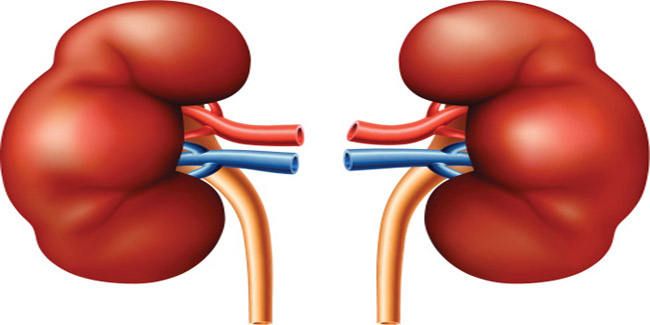
Kidney biopsy or renal biopsy is procedure in which a small piece of kidney is removed to examine under a microscope for signs of damage or disease. It is recommended to diagnose a suspected kidney problem, its severity or to monitor the treatment for kidney disease. Kidney biopsy is also done for a kidney transplant which is not working properly.
Why is it done?
A kidney biopsy may be done to:
•Diagnose a kidney problem that can't otherwise be identified
•Help develop treatment plans based on the kidney's condition
•Determine how quickly kidney disease is progressing
•Determine the extent of damage from kidney disease or another disease
•To know how well the treatment is working
•Find out why a transplanted kidney isn't working properly
How to prepare for it?
Before undergoing for kidney biopsy, ask questions about the procedure and make sure you understand the benefits and risks.
Medications
Tell your doctor about the medications you have been taking. Your doctor will ask you stop taking the medications which can increase the risk of bleeding.Your doctor will tell when to stop taking these medications and supplements, and for how long.
These medications may include.
•anticoagulants such as warfarin
•Aspirin
•Ibuprofen (Advil, Motrin IB, others) and other nonsteroidal anti-inflammatory drugs (NSAIDs)
•Certain herbs and other dietary supplements, such as ginkgo, garlic and fish oil
Blood and urine samples
Before the biopsy, the doctor will take sample of your blood and urine to make sure you don't have an infection or another condition that would make the biopsy risky.
Diet
You may be asked not to drink or eat for eight hours before the kidney biopsy.
Results
The results will explain cause kidney pproblem or will help in changing thetreatment.
Image Courtesy: Getty
Read more articles on Understand Kidney Biopsy
Read Next
Points to remember:Kidney Dysplasia
How we keep this article up to date:
We work with experts and keep a close eye on the latest in health and wellness. Whenever there is a new research or helpful information, we update our articles with accurate and useful advice.
Current Version